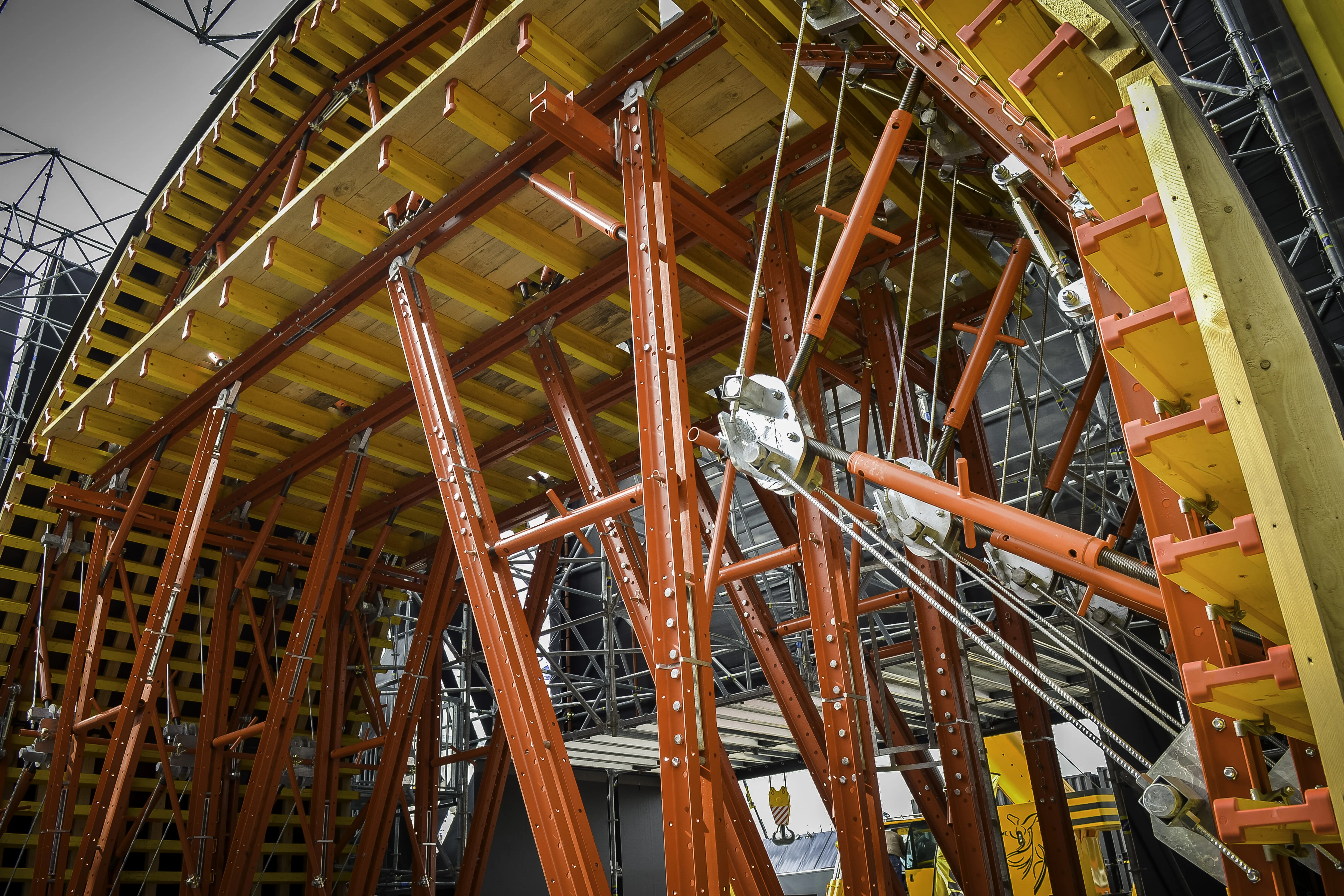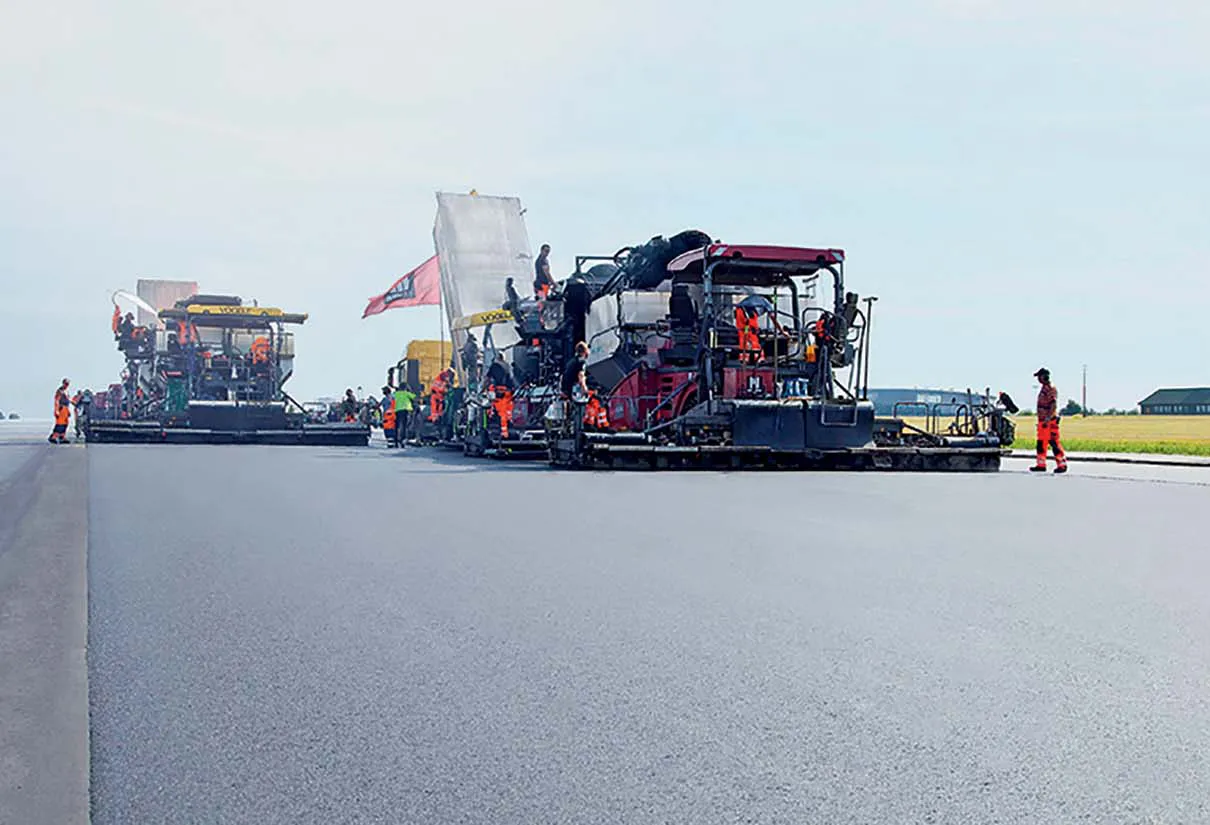The new CEO of Pilosio, Johann Strunz, has some ambitious expansion plans for the euro45m-turnover company. The former managing director of Doka’s Austrian business plans to decentralise the Italian formwork and falsework specialist, with hubs in various regions in addition to its Italian headquarters.
“We are moving from being a head-quartered company to a decentralised structure,” said Strunz. “We want to give power to the markets. They will decide on the pace and the headquarters will define the quali
April 15, 2016
Read time: 2 mins

The new CEO of 7163 Pilosio, Johann Strunz, has some ambitious expansion plans for the euro45m-turnover company. The former managing director of 203 Doka’s Austrian business plans to decentralise the Italian formwork and falsework specialist, with hubs in various regions in addition to its Italian headquarters.
“We are moving from being a head-quartered company to a decentralised structure,” said Strunz. “We want to give power to the markets. They will decide on the pace and the headquarters will define the quality.”
Pilosio currently has two directly-owned branches in South Africa and Canada. A further three will be operating by the end of the year, says Strunz, the first of which will open shortly in Dubai. In tandem with the new hubs, Strunz wants to double the number of agents selling Pilosio equipment from 20 to 40. He expects the number of directly employed staff to remain at around 150.
The important markets for Pilosio and the Middle East, North and South America and Africa, said Strunz. “We are not focussed very much on Europe. We don’t expect big growth in the next two to three years, the competition is extremely high and the prices are low.” Currently 70% of Pilosio’s turnover comes from outside Europe, with most of the remaining 30% originating in its home market of Italy.
Strunz, who only took up his new post just before bauma began, has been impressed with the speed at which Pilosio is able to change. “I had my first meeting in March with Pilosio staff and in just two one-hour meetings, we changed the concept of the booth and the marketing appearance at bauma, and in less than a week it was realised,” he said. “That’s one of the strengths of being a small firm and something I want to preserve: the velocity, the fast reaction time and flexibility.”
“We are moving from being a head-quartered company to a decentralised structure,” said Strunz. “We want to give power to the markets. They will decide on the pace and the headquarters will define the quality.”
Pilosio currently has two directly-owned branches in South Africa and Canada. A further three will be operating by the end of the year, says Strunz, the first of which will open shortly in Dubai. In tandem with the new hubs, Strunz wants to double the number of agents selling Pilosio equipment from 20 to 40. He expects the number of directly employed staff to remain at around 150.
The important markets for Pilosio and the Middle East, North and South America and Africa, said Strunz. “We are not focussed very much on Europe. We don’t expect big growth in the next two to three years, the competition is extremely high and the prices are low.” Currently 70% of Pilosio’s turnover comes from outside Europe, with most of the remaining 30% originating in its home market of Italy.
Strunz, who only took up his new post just before bauma began, has been impressed with the speed at which Pilosio is able to change. “I had my first meeting in March with Pilosio staff and in just two one-hour meetings, we changed the concept of the booth and the marketing appearance at bauma, and in less than a week it was realised,” he said. “That’s one of the strengths of being a small firm and something I want to preserve: the velocity, the fast reaction time and flexibility.”






